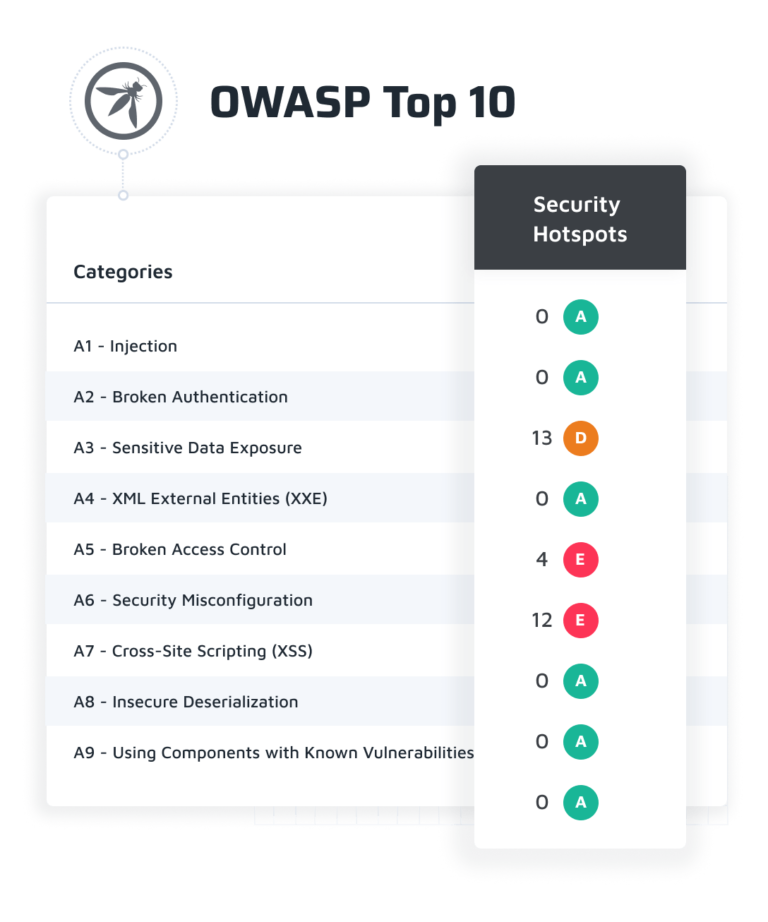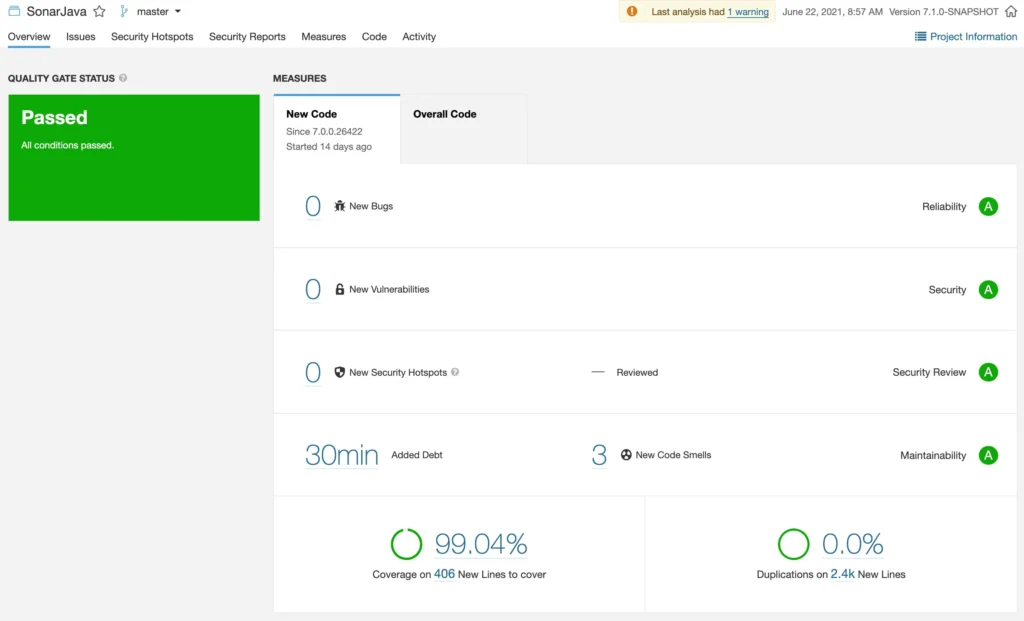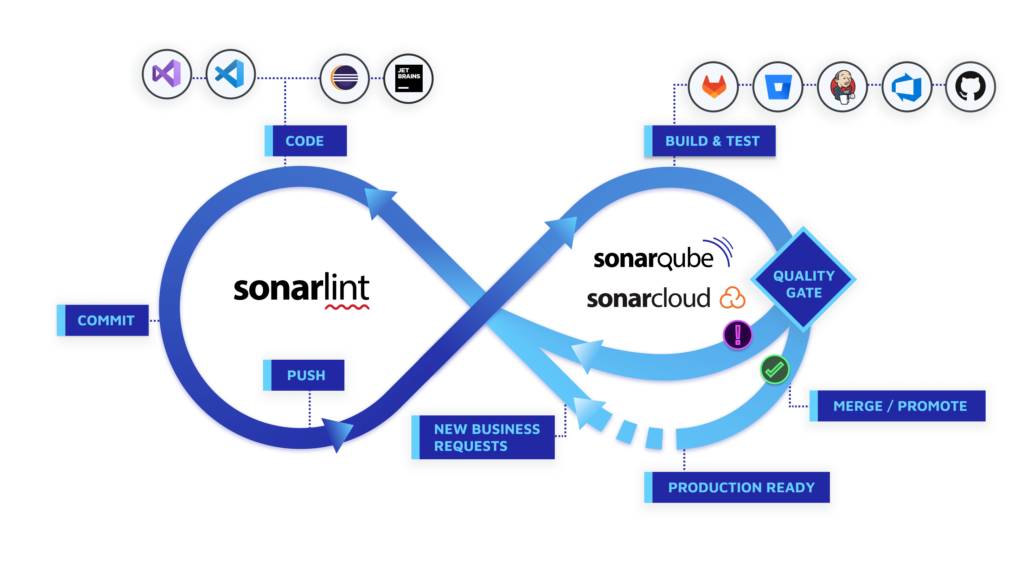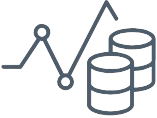What is SonarQube ? [General Overview]
What is SonarQube?
SonarQube is a static code analysis tool that supports a wide range of programming languages. It helps developers to identify and resolve issues related to code smells, vulnerabilities, and bugs. The tool provides a comprehensive report on code quality, making it easier for teams to focus on specific areas that need improvement. SonarQube supports over 30 different programming languages: (Java, C#, JavaScript, TypeScript, CloudFormation, Terraform, Kotlin, Ruby, Go, Scala, Flex, Python, PHP, HTML, CSS, XML and VB.NET, etc.)
Code Smells, Vulnerabilities, and Bugs:
- Code Smells: These are indicators of potential problems in the code that may not be causing issues at present but could lead to maintainability problems in the future. SonarQube helps identify these smells, enabling developers to refactor and improve the code.
- Bugs: These are errors in the code that can cause unexpected behavior or crashes. SonarQube helps identify these bugs, allowing developers to fix them before they cause problems.
- Vulnerabilities: These are weaknesses in the code that could be exploited by attackers. SonarQube scans the code for known vulnerabilities and provides recommendations on how to fix them.

Quality Gates and Quality Profiles:
Quality Gates are a set of criteria defined by the user to enforce code quality. They are like checkpoints that the code must pass before it can be released. If the code fails to meet these criteria, SonarQube can prevent it from being released.
Quality Profiles, on the other hand, are sets of rules (coding standards) that users want to apply to their code. They define the way SonarQube will analyze the code.

SonarQube in Security Process and SBOM:
SonarQube can be an integral part of the security process (and you should !). It can help identify security vulnerabilities early in the development lifecycle, reducing the risk of releasing insecure software.
The tool can also be linked with Software Bill of Materials (SBOM). SBOM provides a list of all open-source and third-party components used in the software. SonarQube can analyze these components for vulnerabilities, further enhancing the security of the software.
Billing Scheme and Plans:
SonarQube offers both free and paid plans. The free plan, SonarQube Community Edition, provides basic code analysis features. For more advanced features, such as access to additional plugins, and technical support, users can opt for the paid plans: Developer Edition, Enterprise Edition, and Data Center Edition.
It’s important to note that SonarQube is priced per instance per year and based on your lines of code (LOC). This means that the cost of the paid plans is determined by the number of lines of code in the projects being analyzed. This model ensures that the cost scales with the size of the project, making it a fair and flexible pricing scheme.
The exact cost per LOC can vary depending on the specific plan and the total number of lines of code. For accurate pricing information, it’s recommended to visit the SonarQube pricing page or contact their sales team.
Integration with GitOps Tools:
SonarQube can be easily integrated with GitOps tools such as GitLab. This integration allows for automatic code analysis whenever code changes are pushed to the repository. If a scan does not meet the quality gate requirements, SonarQube can allocate fixing tasks to individual developers, re-entering the Continuous Integration (CI) part of the CI/CD chain.

Documentation:
SonarQube’s documentation is well-made and comprehensive, providing detailed information on how to use the tool effectively. It covers everything from installation and configuration to advanced usage and troubleshooting.
Conclusion:
SonarQube is a powerful tool for maintaining code quality and security. Its ability to integrate with other tools and its flexible billing scheme make it a suitable choice for a wide range of software development teams. By using SonarQube, teams can ensure that their code is not only functional but also maintainable, reliable, and secure.



![GitLab Container Registry administration [Garbage Collector]](https://devopsmotion.com/wp-content/uploads/2024/04/Clean-Shipping-Container-768x576.jpg)
